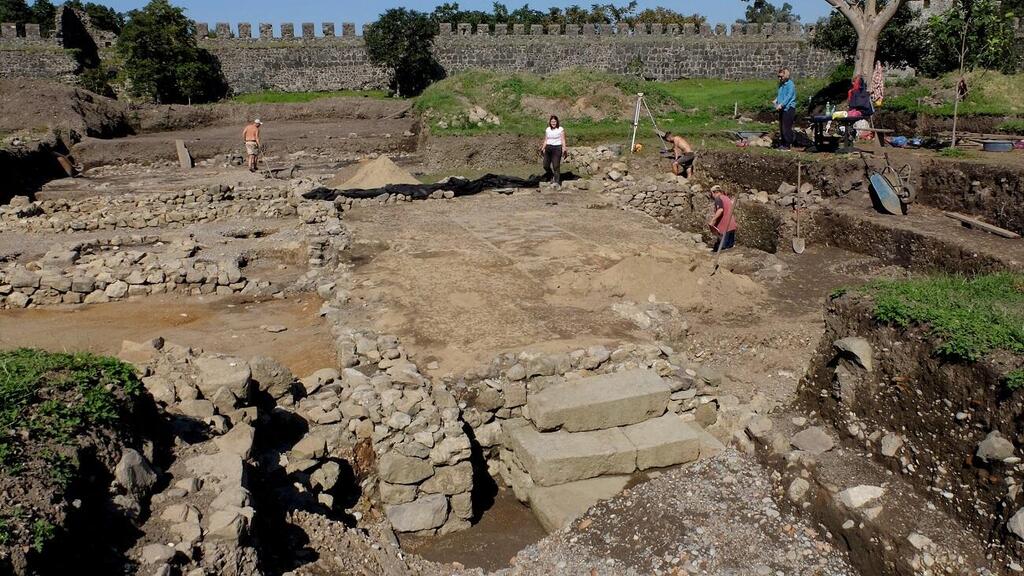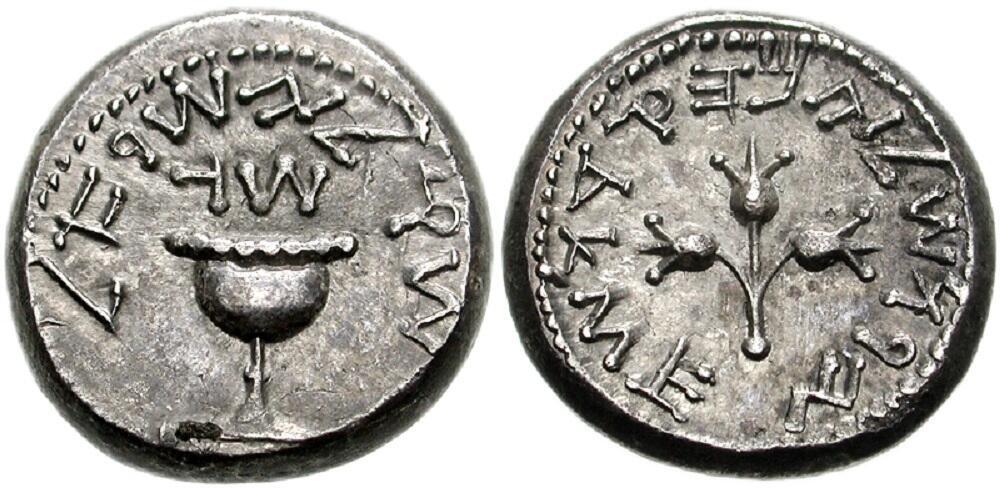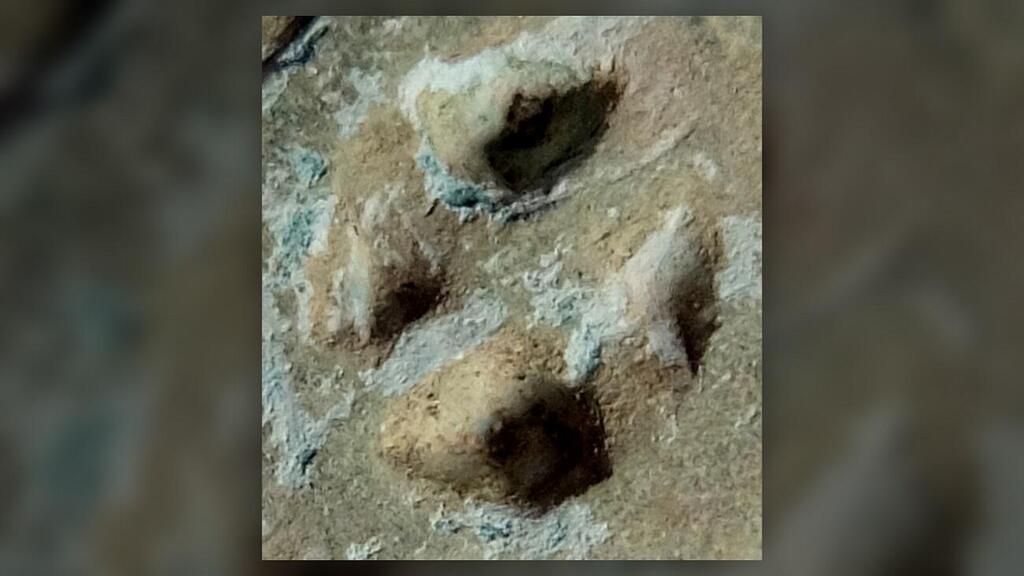Roman soldiers attending a military camp located in present-day Georgia used to carry coins that were minted by Jewish rebels in the land of Israel about 2,000 years ago, according to a new study, which was published in the journal Notae Numismaticae.
Read more:
Archaeologists who participated in the research discovered the coins from the Roman period in Colchis, an exonym for the Georgian polity of Egrisi located on the coast of the Black Sea, centered in present-day western Georgia.
Some of the coins were brought to the site by Legio X Fretensis, a legion of the Imperial Roman Army founded by the young Gaius Octavius in 41-40 BC to fight during the period of civil war that started the dissolution of the Roman Republic. The legion was centrally involved in the Great Jewish Revolt, the first of three major rebellions by the Jews against the Roman Empire.
However, it is unlikely that the Roman soldiers who fought against the Jews were the same soldiers who left the coins in Colchis, rather the coins remained within the unit over time as new soldiers joined it.
The Great Jewish Revolt began around the year 66 CE, with the peak of the battles taking place in 70 CE, when Jerusalem was captured and the Second Temple was destroyed by Titus. The revolt continued until the Roman siege on Masada, which ended with the mass suicide of nearly 1,000 Jewish defenders, during the Passover of either 73 CE or 74 CE, trying to avoid enslavement or death at the hands of the Romans.
According to Dr. Piotr Jaworski, an archaeologist and coin expert from the University of Warsaw who participated in the study, most of the coins were discovered between 2014 and 2022 by a Polish-Georgian team at the Gonio Fortress, a Roman fortification in Adjara, Georgia, on the Black Sea.
Jaworski and his colleagues found that some of the coins were minted by Jewish rebels, and the Romans continued to use them. This was after the Jewish rebels had minted their own coins, on which pomegranates and Jewish goblets, among other things, were illustrated.
3 View gallery


Remnants of coins from the Roman period were found at at the Gonio Fortress in Colchis, located in western Georgia, where archaeologists made the discovery
(Photo: Piotr Jaworski)
The legion brought the coins to the site around the year 115 CE, when the Roman Emperor Trajan, who ruled from 98 CE to 117 CE, launched a successful invasion initially into the Parthian Empire – a major Iranian political and cultural power in ancient Iran from 247 BC to 224 AD – expanding the borders of the Roman Empire deep into the Middle East.
Historical documentation and archaeological remains indicate that Legio X Fretensis actively participated in this invasion and spent some time in Colchis, which according to the researchers served as a logistical base for military operations in the region.
In addition, the researchers found that along with the Roman coins brought by Legio X Fretensis, a large number of Roman coins were brought over in the first and third centuries CE, likely by Roman soldiers.



